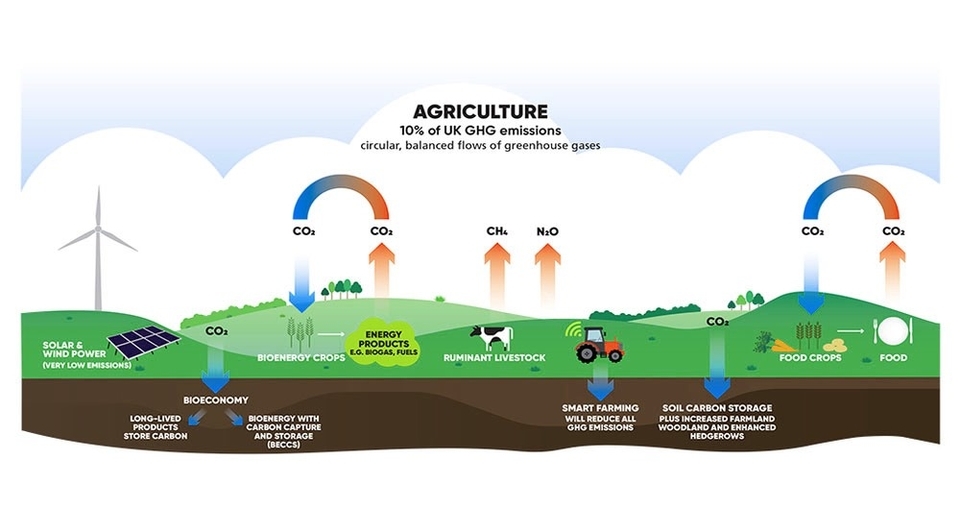
Climate change is a global phenomenon that has been affecting the world’s climate system, including agriculture. The impact of climate change on agriculture is multifaceted and complex. It affects agricultural production, food security, and rural livelihoods. Climate change has the potential to reduce crop yields, increase the incidence of pests and diseases, and alter the distribution of crops. It also has the potential to increase the frequency and severity of extreme weather events such as droughts, floods, and heatwaves, which can cause significant damage to crops and livestock.
According to Agriculture and Agri-Food Canada, agricultural production is highly dependent on weather and climate. Without adequate rainfall and appropriate temperatures, crops fail and pastures become barren. Interestingly, the opposite is also true: weather and climate are influenced by agricultural practices. By managing croplands and pastures, farmers influence a series of physical, chemical and biological interactions between the Earth’s surface and the atmosphere that can affect air temperature and precipitation in many ways.
The impact of climate change on agriculture is not limited to Canada. The United States Environmental Protection Agency (EPA) states that changes in ozone, greenhouse gases, and climate change affect agricultural producers greatly because agriculture and fisheries depend on specific climate conditions. Temperature changes can cause habitat ranges and crop planting dates to shift, and droughts and floods due to climate change may hinder farming practices.
Agriculture is very sensitive to weather and climate. It also relies heavily on land, water, and other natural resources that climate affects. While climate changes (such as in temperature, precipitation, and frost timing) could lengthen the growing season or allow different crops to be grown in some regions, it will also make agricultural practices more difficult in others.
The impact of climate change on agriculture is not limited to crop production. Livestock production is also affected by climate change. Changes in temperature and precipitation patterns can affect the availability and quality of feed and water for livestock. Extreme weather events such as heatwaves, droughts, and floods can also cause significant damage to livestock and their habitats.
In conclusion, climate change is a complex phenomenon that has far-reaching impacts on agriculture. It affects agricultural production, food
